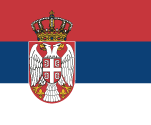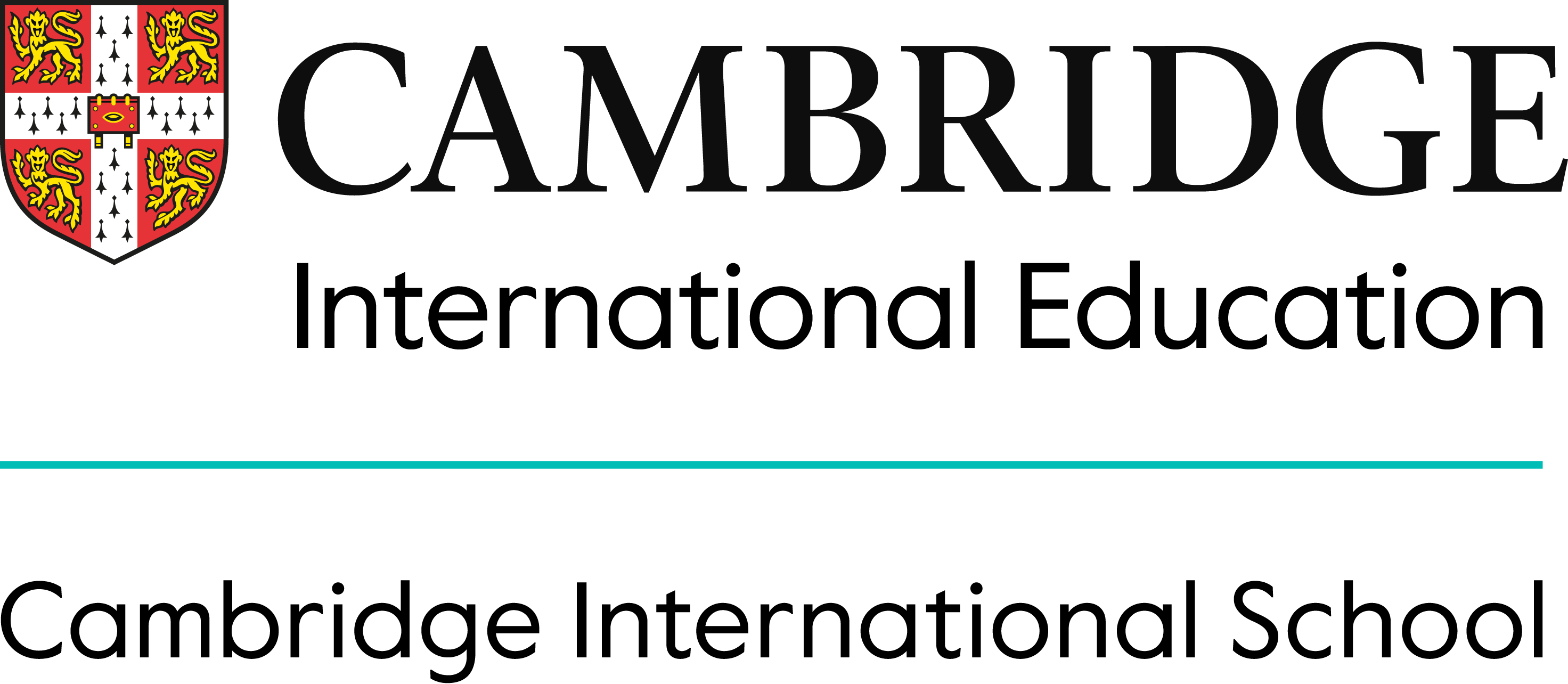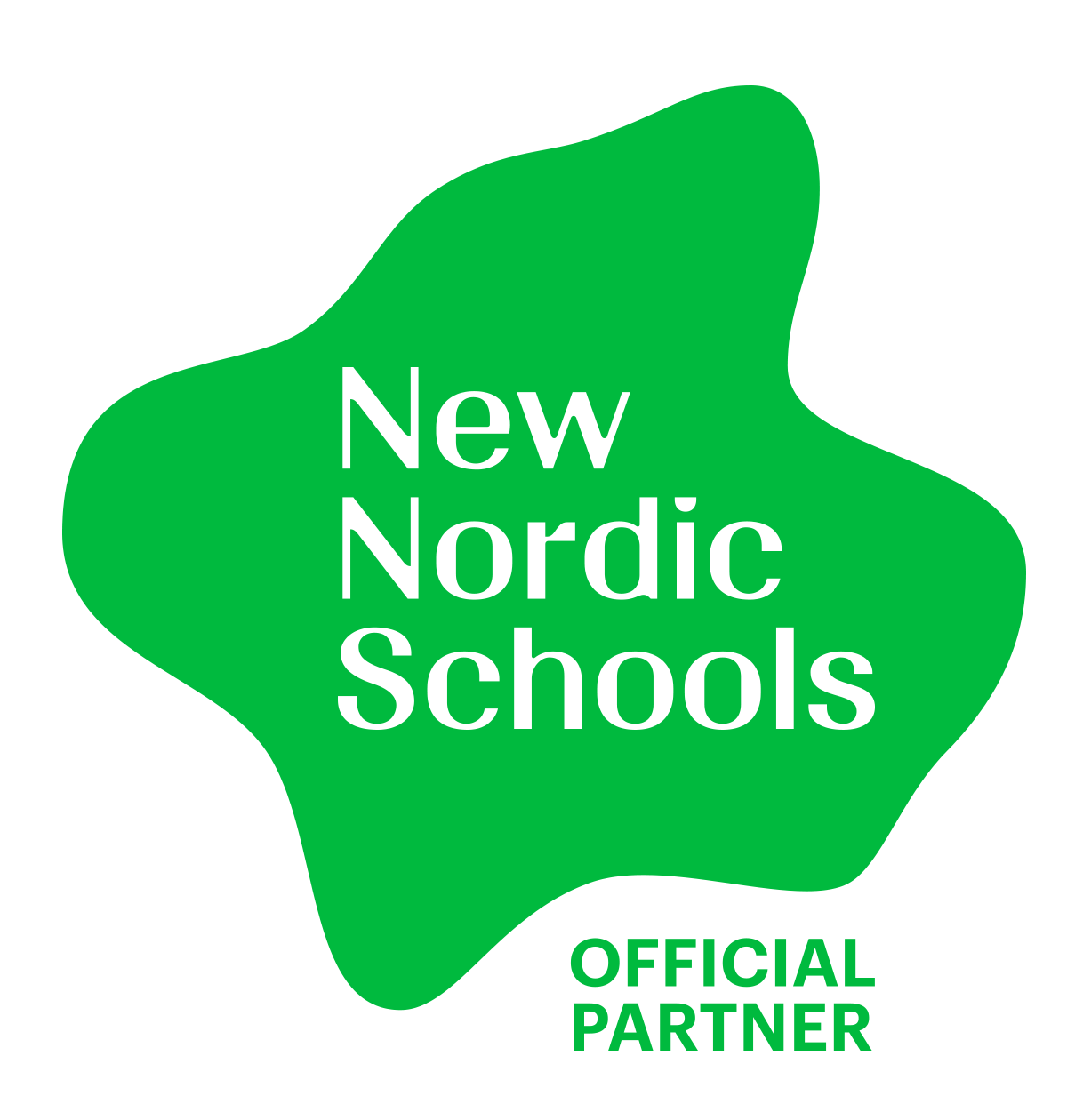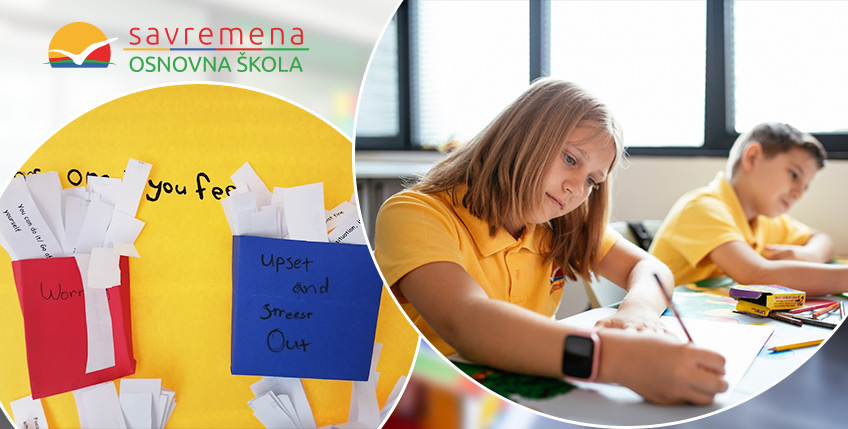
Primary School Savremena joined a new eTwinning project
Sasa Zdravkovic / / Blog, I-IV, Kombinovani, Nacionalni, V-VIII / February 10, 2021
Primary School Savremena joined a new eTwinning project
Mental health care on the most important European educational platform
Primary School Savremena has joined an eTwinning project focused on mental health care and emotional well-being of children through partnerships with educational institutions from Italy, Greece and Croatia.
The project is implemented in the form of international video conferences that address major topics of education and mental health.
The interaction between teachers and students is realised on the eTwinning portal. This way, students can get to know each other and share ideas, create presentations and materials, and share them on the platform. Teachers explain the particularities of the project to students in video conferences: from the technical aspects of participation in the project, to all the details concerning project topics.
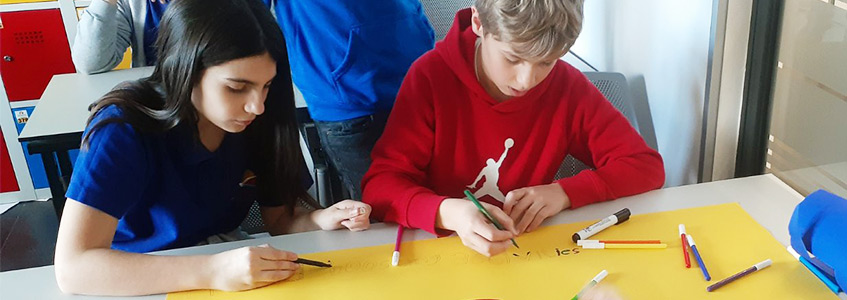
This is exactly how the key research topics, this time directly related to mental health, were presented to them. The topics include: Happiness, Which sport is perfect for you?, Impact of sleep on our well-being, Effects of music on the human body, Importance of vitamin D for the organism, and many other, engaging and relevant subtopics.
WHAT DO WE NEED TO DO TO ACHIEVE EMOTIONAL WELL-BEING?
Social and emotional learning, support for students through different workshops, group meetings and one-on-one interviews are among the priorities of education in the post-COVID world. This particularly applies to emotional well-being, overcoming trauma and getting used to new learning routines, as well as new forms of socialising and school behaviour in general.
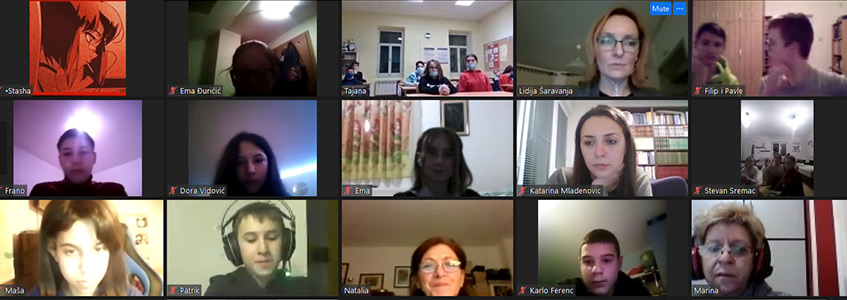
The European eTwinning project strives to raise topics about mental health, which is a vital element of emotional well-being in these challenging times. Physical activity improves one’s well-being, so cycling, hiking and sports are some of the activities studied in this project.
This project aims at helping students to define different mental states, to choose certain activities to improve their well-being, as well as to help them explain what well-being is. In addition, they need to analyse their own or someone else’s well-being and give advice on steps that need to be taken; to integrate their knowledge of the potential hazards of chemicals that surround us, and recognise the necessary measures for the protection of one’s health and safety at home.
The project also involves the development of an IT brochure with tips on maintaining one’s well-being, as well as materials with different topics and project topics. The final step is organising a virtual project exhibition.
SAVREMENA IS A FAVOURABLE ENVIRONMENT FOR MAINTAINING AND NURTURING ONE’S MENTAL HEALTH
As our school psychologist Katarina Mladenović points out, Savremena is a school that strives to respect the individuality and unique needs of each student. Children are free to express their opinions, ideas and needs, and their efforts in that direction will be adequately acknowledged or rewarded. Different courses at Savremena address topics that directly impact the social and emotional competencies of children and adolescents (problem-solving skills, emotional literacy, assertive communication, empathy, life skills, and group solidarity).
Classes are designed so as to encourage children’s creativity, which is one of the most important factors for maintaining mental health. We do our best to encourage and develop children’s creativity and talents through different school clubs and leisure activities our school offers, through extracurricular activities, such as frequent school trips and outdoor activities, and finally, through a modern approach to education and teaching topics as part of regular education.
Out school nurtures fellowship and team spirit among students, as well as open communication.
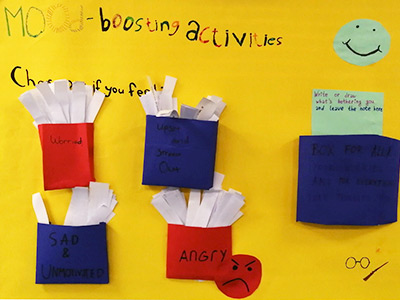
Students are free to approach any employee if they have a problem, and to come up with a solution together. Through individual interviews with the school psychologist, and her frequent visits to classes, we nurture a relationship of mutual trust with our students.
